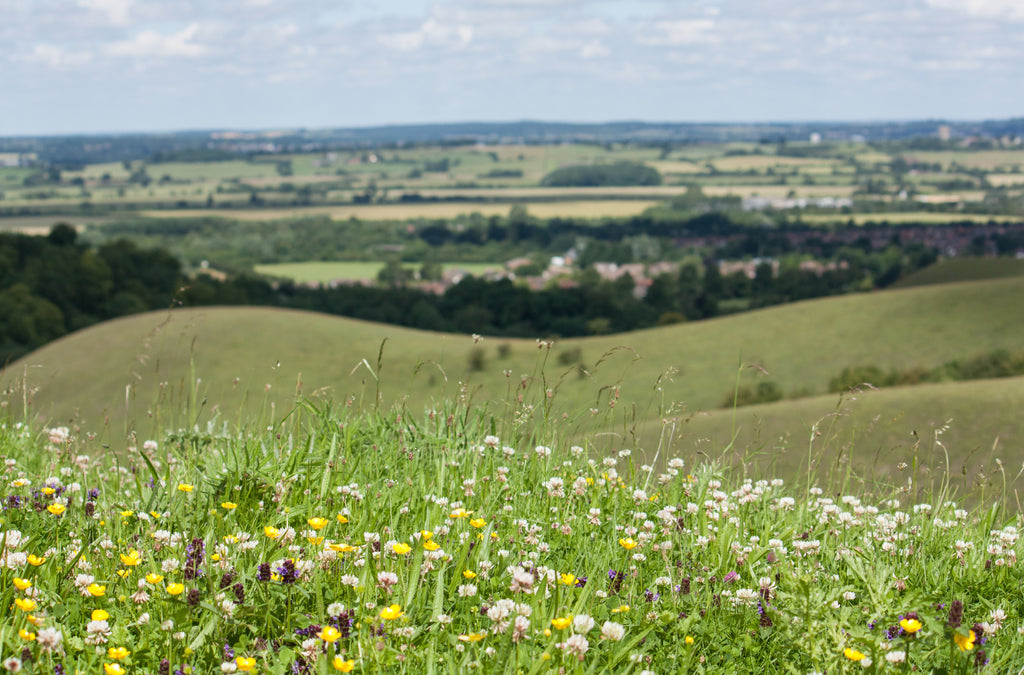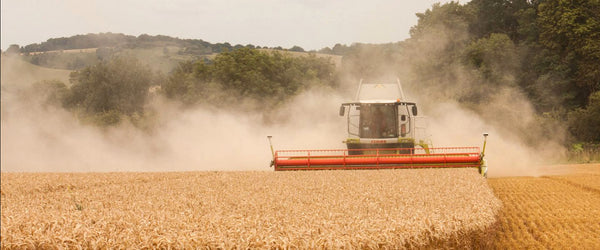
We farm just over 2,000 acres and cover a variety of soil types and topography, which requires a wide range of equipment and technical management.
The rapeseed used for Mrs Middleton's Oil is grown at Barton Hill Farm, which is where we deal with all the administration and host our farm walks. The operational hub is here too and it is always a hive of activity.
In addition to oilseed rape, our main crops are winter wheat, winter and spring barley, and a small area of field beans. There is a relatively flexible rotation and we incorporate a break crop generally every two or three years, depending on yields, grain prices, weed control and of course, the good old British weather.
Varieties of each crop are chosen according to how their characteristics suit the land and growing conditions. We like to try new varieties and if they are successful we will then home-save seed to enable us to grow it again the following year.

Technology is of ever-increasing significance and we rely on it now for nearly all our operations. Soil tests are also important and they link each field’s unique levels of nutrients with the quantities of fertiliser applied.
We have satellite guidance systems on our tractors which vastly improve accuracy and efficiency. We can also link the different operations that we do in each field.
For example, we have just had the patches of a highly problematic weed (blackgrass) mapped in the worst affected fields. Once these fields have been combined we can use the yield map that is produced to compare whether there is a correlation between the lower productivity of an area and a high concentration of blackgrass. If this is the case, the sprayer driver can apply herbicides specifically to treat the patches and fertiliser to give the crop a boost to try to fight the competition. The following year we can then compare yields again to see if it has made a difference.
Visit our website to find out more about the farm.
